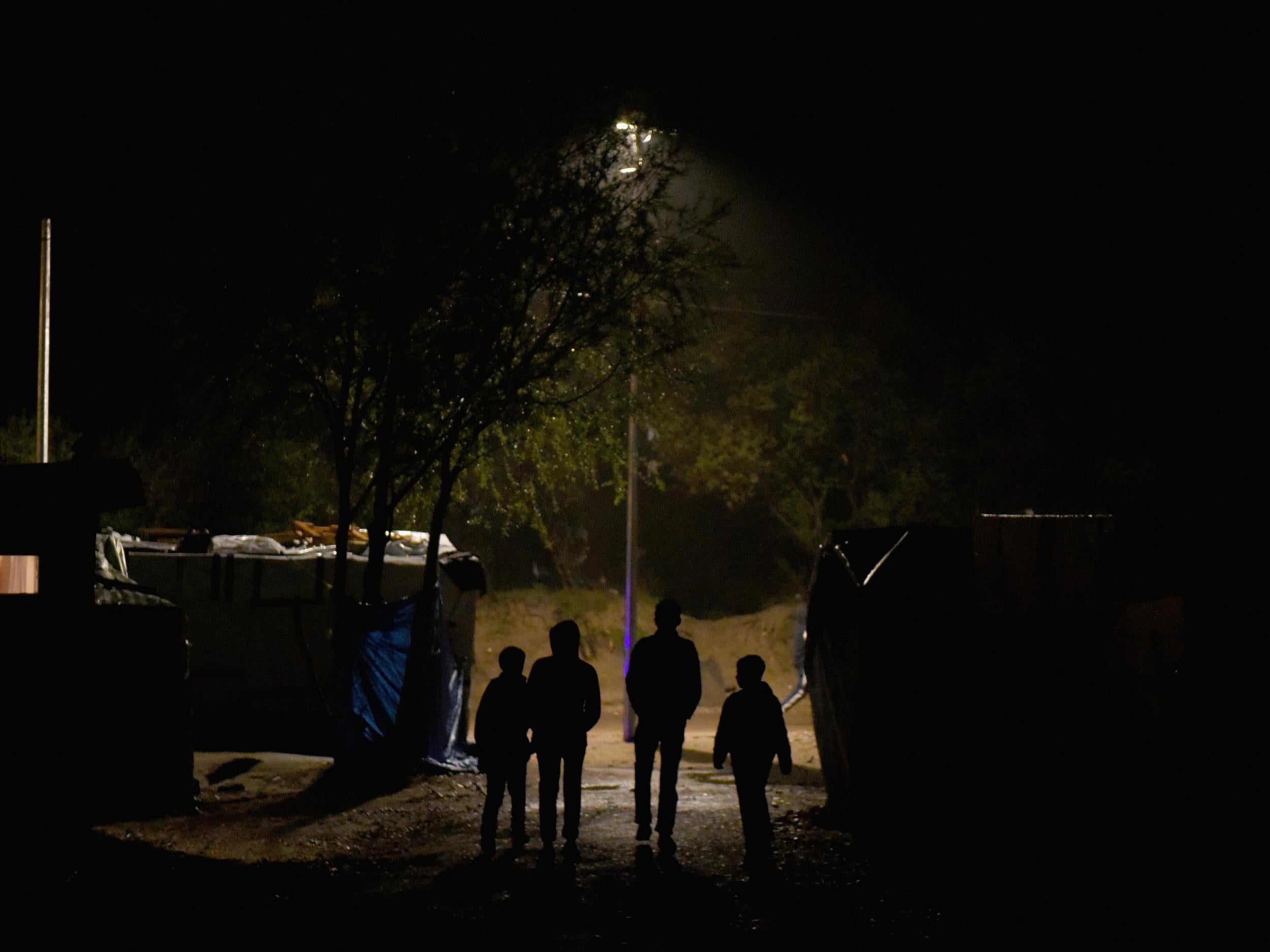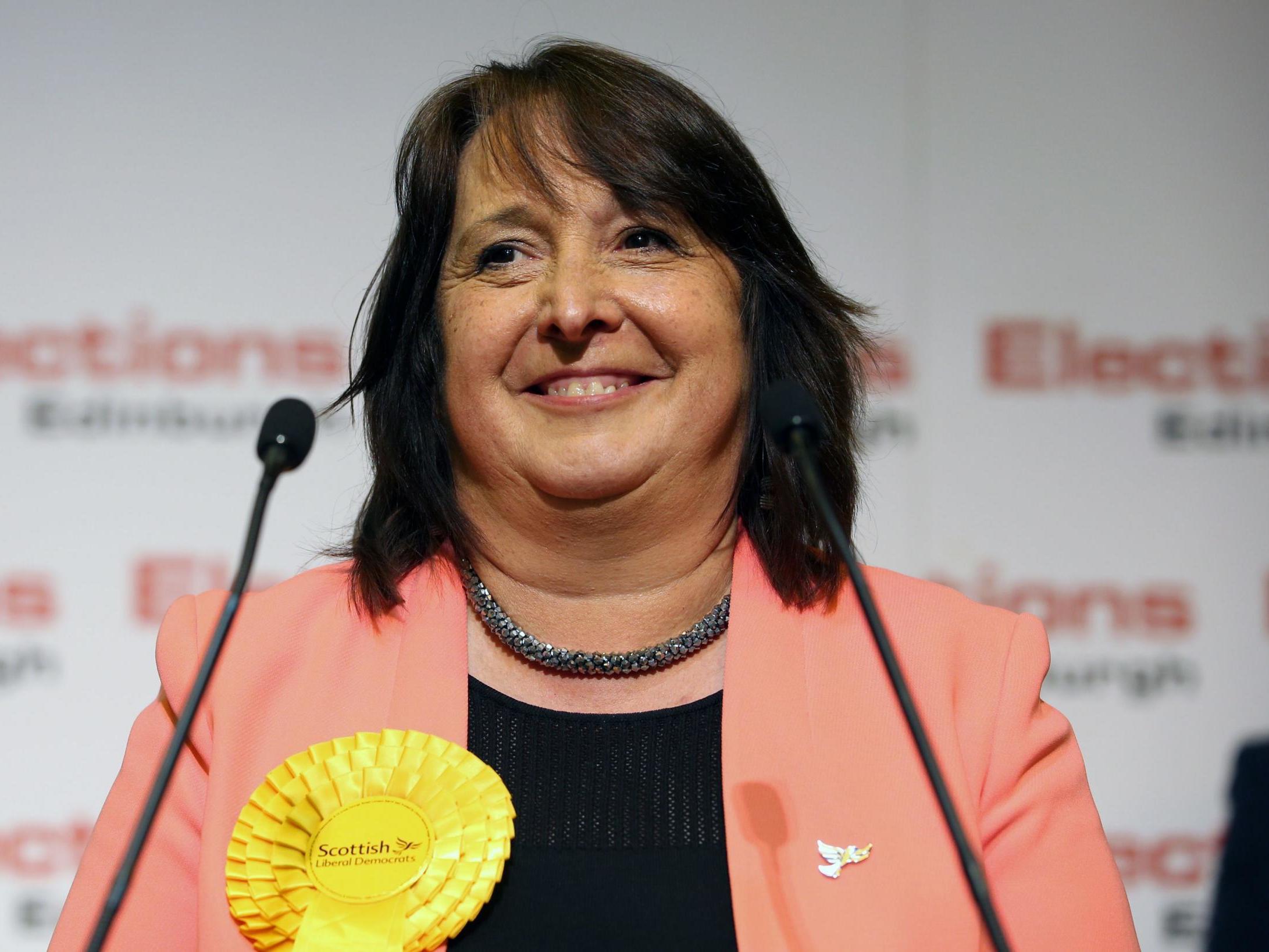Call for Boris Johnson to renew Britain’s commitment to reunite stranded child refugees in Europe
Exclusive: Liberal Democrats call on prime minister to resettle 10,000 unaccompanied children over the next decade

Your support helps us to tell the story
From reproductive rights to climate change to Big Tech, The Independent is on the ground when the story is developing. Whether it's investigating the financials of Elon Musk's pro-Trump PAC or producing our latest documentary, 'The A Word', which shines a light on the American women fighting for reproductive rights, we know how important it is to parse out the facts from the messaging.
At such a critical moment in US history, we need reporters on the ground. Your donation allows us to keep sending journalists to speak to both sides of the story.
The Independent is trusted by Americans across the entire political spectrum. And unlike many other quality news outlets, we choose not to lock Americans out of our reporting and analysis with paywalls. We believe quality journalism should be available to everyone, paid for by those who can afford it.
Your support makes all the difference.As he holds high-level Brexit talks with the president of the European Commission, Boris Johnson is facing calls to renew Britain’s commitment to reuniting child refugees stranded alone on the continent with family members in the UK.
A Brexit negotiating paper released last month revealed that the UK is seeking to ditch its mandatory obligation to take in the asylum-seeking children, replacing it with a right for EU nations to “request” their transfer to join relatives in Britain.
As World Refugee Week began, a group of 41 Liberal Democrat parliamentarians wrote to the prime minister urging him not to “turn his back on child refugees” and to commit the UK to resettle 10,000 of them from elsewhere in Europe over the next 10 years.
The call follows the closure last month of the so-called Dubs Scheme, under which 478 unaccompanied child refugees were resettled in the UK over the course of four years.
The scheme was initially intended by Labour peer Alf Dubs, himself a child refugee from Nazi Germany, to benefit 3,000 young people stuck in makeshift camps in countries like France, Italy and Greece.
But ministers insisted that the amendment eventually accepted by then prime minister David Cameron in 2016 did not commit the government to a specific number and the total resettled was less than one-sixth that proposed by Lord Dubs.
Liberal Democrat home affairs spokesperson Christine Jardine told The Independent that a renewed resettlement scheme would not only protect some of the world’s most vulnerable people, but also deter perilous attempts to cross the Channel by dinghy from France.
“Child refugees who have been forced to flee their homes and separated from their families are some of the most vulnerable people in the world,” said Ms Jardine. “We must do all we can to protect them.
“The UK has a proud history of providing sanctuary to those in need, but now the Conservative government is turning its back on child refugees and failing to live up to our obligations to them.
“The Liberal Democrats are standing up for child refugees and fighting for their rights to a safe home and hope for the future. The government must listen.
“Providing refugees with safe and legal routes to sanctuary in the UK is the best way to combat people smuggling and human trafficking, and to prevent people from making dangerous attempts to cross the Channel.”
In their letter to the prime minister, the Lib Dem MPs and peers called on Mr Johnson to use Monday’s talks with Commission president Ursula von der Leyen to reverse the UK’s position on family reunion in talks over the post-Brexit relationship between Britain and the EU.

As a member of the EU, the UK was obliged to allow refugee children to be reunited with family members who had settled in Britain. Before the introduction of the scheme in 2014, there were just eight people who entered the UK in this way, compared to 1,028 individuals transferred under family reunion obligations in 2018.
There was anger in December when Mr Johnson’s Brexit bill watered down reunion rights for child refugees, but the PM assured parliament in February that he was “ready to discuss co-operation on asylum, including family reunion” as part of talks on the future relationship following the end of a transition period on 31 December 2020.
Priti Patel’s Home Office released a statement in March promising that Brexit “should not affect our commitment to continue working together to reunite unaccompanied asylum-seeking children with family and keep them safe”.
However, the negotiating paper published in May showed that Mr Johnson was offering only an arrangement under which one of the EU’s 27 member states “may request” the transfer of a child to join relatives in Britain, with no obligation on the UK to accept it.
The document added: “Nothing in this agreement shall be construed as conferring rights or imposing obligations on persons.”
The Lib Dem letter voiced “deep concern” over the change in position, which they said would “end the UK’s mandatory obligation to reunite unaccompanied asylum-seeking children with their families”.
The 11 MPs and 30 peers, headed by acting leader Ed Davey, warned: “That would have terrible consequences: leaving hundreds more child refugees separated from their families and without a safe home, pushing more desperate people into the hands of people smugglers and human traffickers, and leading to more perilous attempts to cross the Channel in small boats.
“We therefore urge you change the government’s negotiating position to match your previous commitments to maintain refugee family reunion rights after the transition period. Will you publish a new draft working text and write to the EU negotiating team to make clear that the UK is seeking to maintain the current mandatory arrangements for transfers?
“The UK has a proud history of providing sanctuary to those in need. We are calling on you now to uphold that important British tradition.”
The parliamentarians said it was “heart-breaking” to think of the children unable to join their families because of the failure to live up to the promises of the Dubs scheme.
And they told Mr Johnson: “We urge you not to turn your backs on the children who need us now. Will you therefore make a new commitment to resettle 10,000 unaccompanied refugee children from elsewhere in Europe over the next 10 years?”
World Refugee Week takes place from 15-21 June, with World Refugee Day on 20 June.
Join our commenting forum
Join thought-provoking conversations, follow other Independent readers and see their replies
Comments